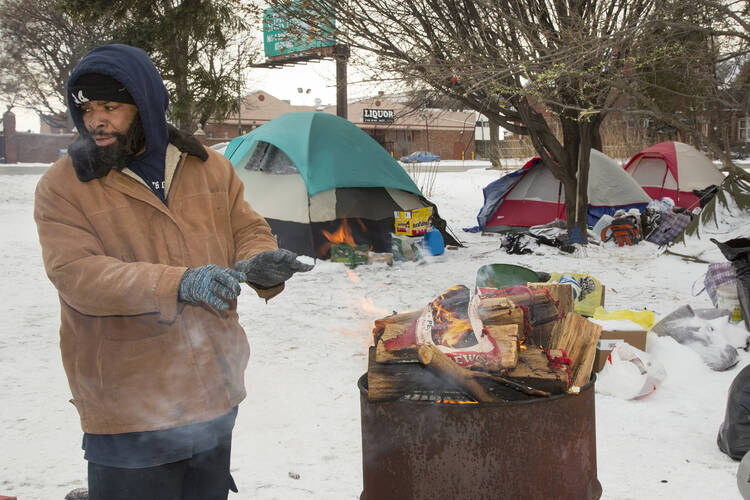As the World Economic Forum was about to convene in Davos, Switzerland, a new report highlighted growing global inequality and seemed set to challenge the delegates to do something about it. The respected and influential international NGO Oxfam, which holds one of six co-chairs at Davos, predicts that, on current trends, 1 percent of the world’s population will possess more wealth than the other 99 percent by 2016.
In an interview with Britain’s Guardian daily, the, executive director of Oxfam International Winnie Byanyima said the increased concentration of wealth seen since the deep recession of 2008-09 was dangerous and needed to be reversed. According to Byanyima, “The message is that rising inequality is dangerous. It’s bad for growth and it’s bad for governance. We see a concentration of wealth capturing power and leaving ordinary people voiceless and their interests uncared for.”
The report made headlines in the British media Monday, eliciting a considerable level of comment yet, as is so often the case in our times, practically disappearing as the news-cycle moved into Tuesday. Oxfam’s report showed that the world’s least well-off 80 percent own just 5.5 percent of its wealth, while the share owned by the best-off 1 percent has increased from 44 percent in 2009 to 48 percent in 2014. Meanwhile, in Britain, there is growing concern about downward pressure on living standards especially among the working poor, and the rise of foodbanks even as an economic recovery of sorts appears to be under way; while research has revealed that the UK’s richest 100 families own as much as 30% of UK households.
The flow of news like this, backed by solid research, should and does give rise to reflection—are we to accept such figures on this inequality as inevitable? Is our global economic model inexorable and individuals powerless in its face? Indeed, are there links between this situation and the rise of terror and is the source of that terror a segment of the world’s population that feels itself materially left behind, but articulates its alienation in pseudo-religious language? It’s time for a serious debate about this.
As Oxfam Director Byanyima put it, “Do we really want to live in a world where the 1 percent own more than the rest of us combined? The scale of global inequality is quite simply staggering…” Pope Francis, more than once, has warned of the damage that unrestricted inequality could do but other leaders are not yet responding. The world, not least people of faith, needs to decide if this state of affairs is acceptable; and what the consequences might be of just accepting it and doing nothing.








